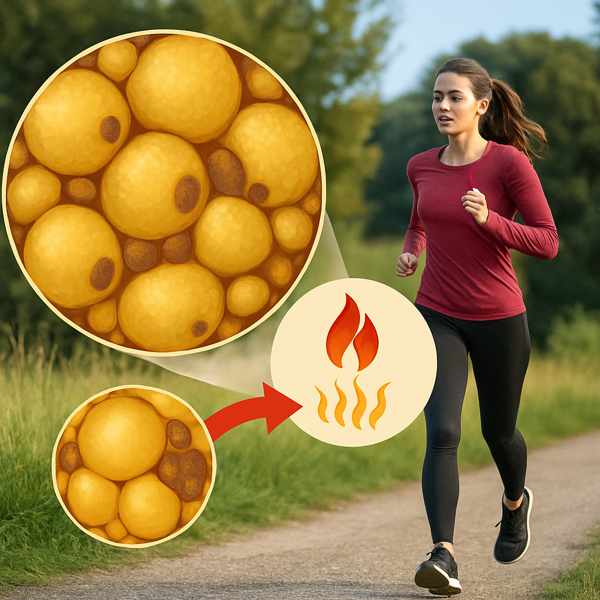How Cold Exposure May Support Weight Loss
How Cold Exposure May Support Weight Loss
Blog Article

This trending method claims to trigger weight loss using cold exposure, often in the form of ice.
Let’s uncover the truth behind the ice hack for weight loss.
Decoding the Weight Loss Ice Hack
The "ice hack" usually refers to practices like sucking on ice cubes to activate brown fat.
Supporters claim that:
- Cold exposure increases calorie expenditure
- Helps you eat less without trying
- Which can burn stored fat
- Using cold compresses may target stubborn fat
The Science Behind the Ice Hack
While the idea seems promising, the actual calorie burn from cold exposure is minimal.
Scientific observations include:
- Brown fat burns more calories when activated
- Ice water can promote satiety and hydration
- Cold stimulation may improve circulation and recovery
Different Ways People Use the Ice Hack
You might encounter:
- Ice water detox routines
- Cold packs on the neck or stomach
- Common among emotional eaters
- Combines natural support with cold exposure
Each version offers a different approach, but none replace a proper weight loss program.
Benefits and Drawbacks
Pros:
- Simple and inexpensive
- Icy drinks can increase fluid intake
- May reduce cravings
Cons:
- Minimal calorie-burning effect
- Discomfort or sensitivity
- Can distract from real lifestyle changes
Ideal Users of the Ice Hack
It may be suitable for:
- People who enjoy health experiments
- Looking for extra help
- Anyone needing a low-effort nudge
If you’re expecting dramatic results from this hack alone, you may be disappointed.
Best Practices for Using the Ice Hack Safely
For safe and effective use:
- Drink cold water before meals
- Ensure you stay in a deficit
- Exercise regularly
- Use cold exposure in moderation
It’s most effective when part of a broader plan.
Conclusion
The weight loss ice hack might offer a little extra support, but it’s no substitute for real ice cube diet effort.
Consider the ice hack a supplement to—not a replacement for—real work. Report this page